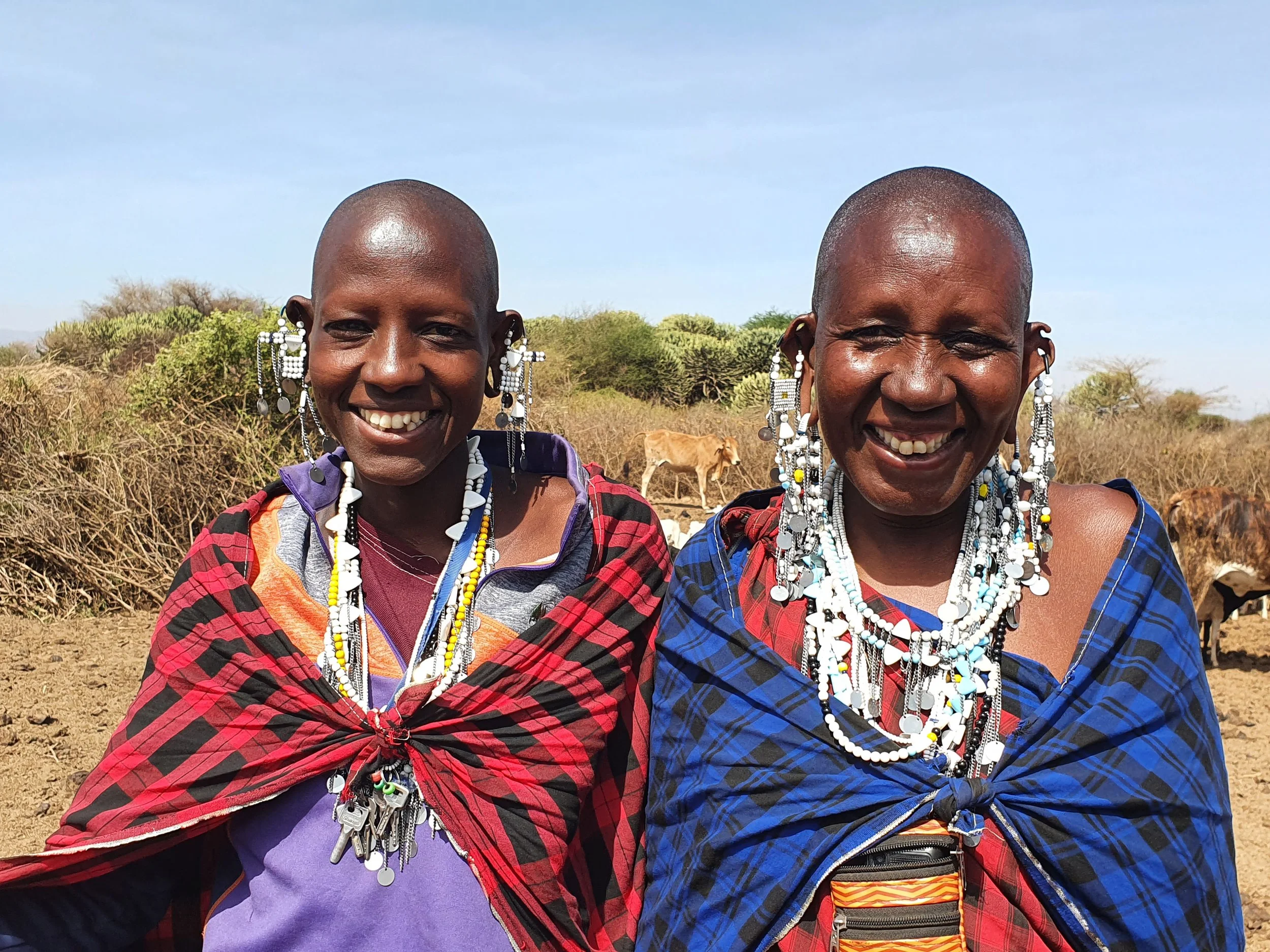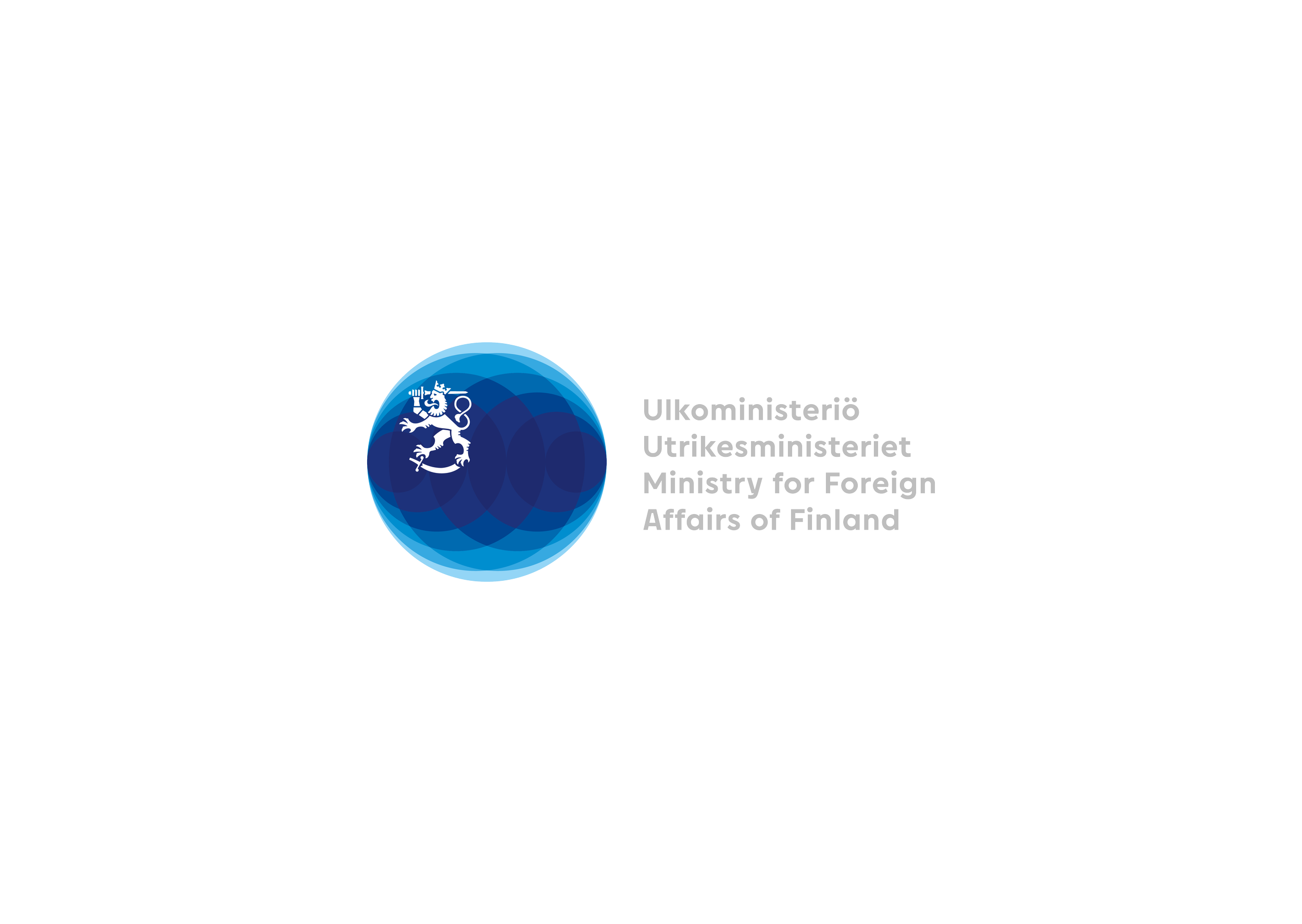Greener Tanzania through climate resilient livelihoods and land use management
Tanzania
January 2023 – December 2026
Climate resilience of farmers has improved their livelihoods and contributed to poverty reduction. Sustainability of natural resources and land use management has improved which further enhances to climate adaptation and contributes for climate mitigation. Strengthened farmers’ organizations contribute for local governance, which is also a founding pillar for grassroot democracy contributing for peace and stability. The inclusive approach reduces inequalities by engaging vulnerable groups within communities including women, youth and disabled persons. Smallholders and pastoralists representing indigenous communities belong to one of the most vulnerable groups confronting the impact of climate change and this project aims at climate justice by identifying their priorities for climate action and increasing their ownership on actions. Attention given to title deeds and certificated of customary right of occupancy will strengthen the position of right holders towards vs. duty bearers.
The project LandClimate supports three organizations in Arusha region in Tanzania in their process lift their members’ climate resilience and green economy aiming at giving them a more prominent role in climate action. This contributes to climate justice since this focus group's need to prepare for climate change has been neglected before. The organizations which will enable a larger outreach, will receive support to strengthen their capacity manage climate planning, its implementation and finally advocate for climate funding. In the project area, the population is predominantly from indigenous tribes (Maasai, ) and thus, it strengthens the position of vulnerable people. The project activities will focus on two outcome areas: i) strengthening the organizations themselves and the services their provide for their members for climate resilience inclusively and ii) strengthening their members' livelihoods in green transition. Climate change impacts already smallholders and their livelihoods. The project facilitates the organizations policy advocacy for climate action based on fair, transparent and inclusive decision making. Strengthened organizations ensure that they hear their members’ needs for climate resilience, which allows them to adjust their services accordingly. Activities cover competence building and climate priority mapping which created a foundation to support green livelihoods. Awareness raising activities target both the community level but also for larger public. Land rights for communities are critical and thus right based activities focus on clarifying lands governed through customary right of occupancy. A special attention will be given to women through Women’ Rights and Leadership Forums. Some basic equipment required for water management and energy efficiency are provided for the poor households to reduce time needed for water fetching and reduce the need for fuel. Disabled person have a separate budget for actions they consider priorities but activities with disabled start with awareness raising on their rights and possibilities. The project will be implemented in a coordinated manner with Trias-Tanzania.
The beneficiaries are mainly smallholder subsistence farmers and semi-nomadic pastoralists. The average earnings are an average less than 1 USD per day, whose livelihoods depend on agricultural and livestock activities.
The project will be implemented in coordination with Trias managed project with same cooperations partners even if it is independent. Trias' experience on community dynamics, Maasai culture and linkages with other local and international partners will be used to strengthen our intervention. To ensure complementarity of the FFD project, FFD and Trias will develop a joint work plan and budget which indicated respective activities per partner. This allows also a complementarity to other Trias partners: JustDiggit and Northern Tanzanian Rangeland Initiative. Trias' financial administration will support FFD to ensure that the different costs follow the local practices and will remain at the resonable level and in general facilitates the financial monitoring of activities. To stregnthen our possibilities for joint planning and copmlementary implementation, the MFAF funds for FOs will be transferred first to Trias' account. Trias will transfer the funds to the FO accounts based on FFD request.
Trias contributes to baseline study, coordination meetings, audits, inclusion survey, a mid-term and final evaluation and to capacity assessment.
Trias is strong on inclusion of women, youth and vulnerable groups which strengthens FFD's approach. FFD includes also the disabled. FFD will carry the responsbility to strengthen activities for climate resilience which builds on climate tool: Building Resilience toolkit.
The toolkit is also used by Forest and Farm Facility (FFF) which is also supporting MVIWArusha and it has allowed to assess the local priorities for climate adaptation action. FFD is part of the FFF management team which allows us to ensure complementarity further.
Paliskuntain yhdistys (Reindeer herders' association of Finland) is the twin organization, which will provide peer support and coaching for their Tanzanian peers as voluntary work. The person nominated by the association has studied land use management and carried out a dissertation on the topic.
Twinning partner: Paliskuntain yhdistys
Project Funded by: Ministry for Foreign Affairs and FFD












